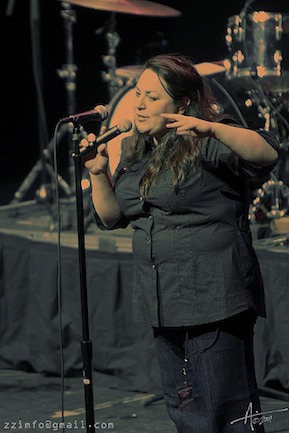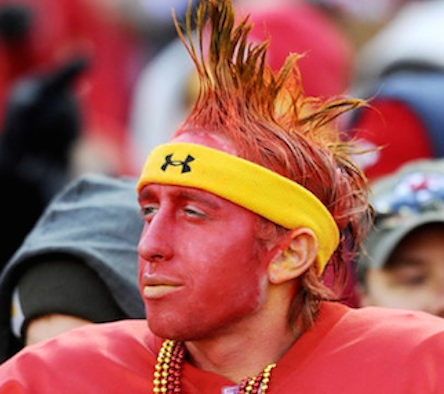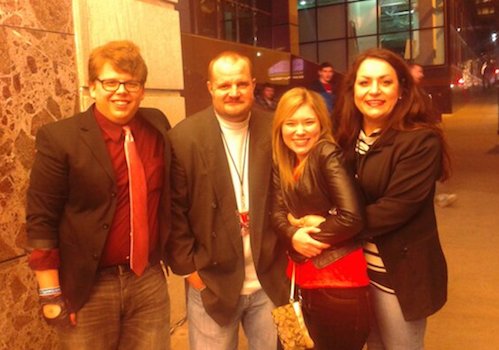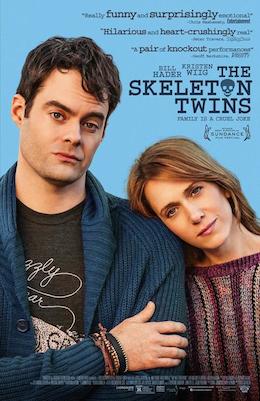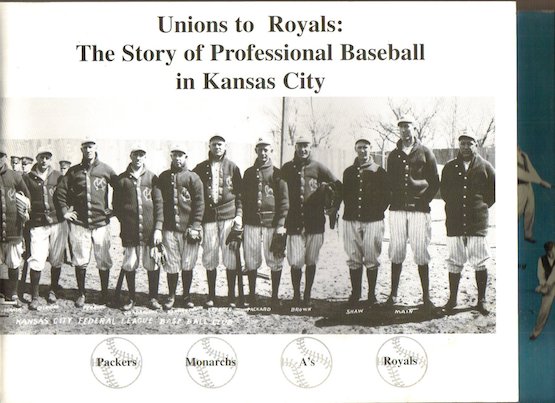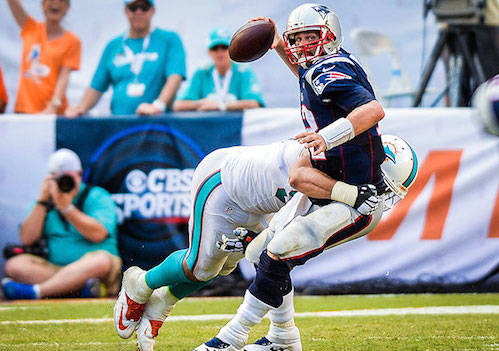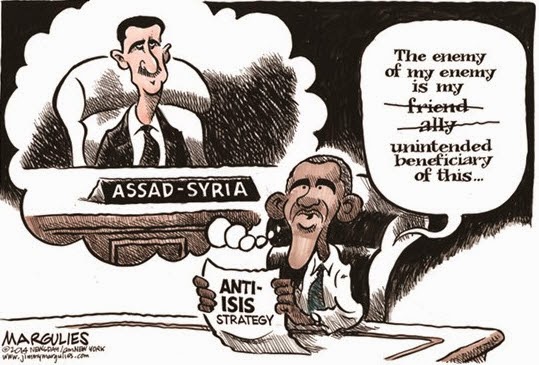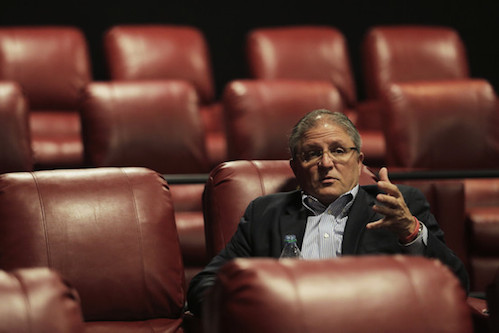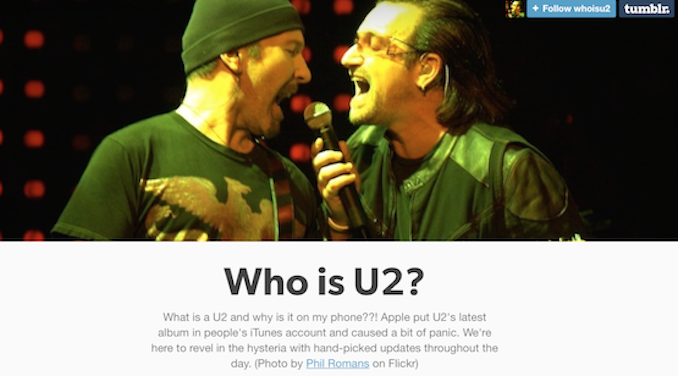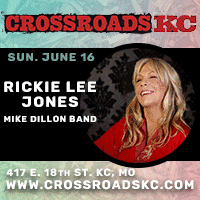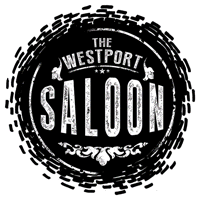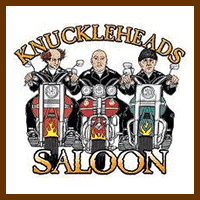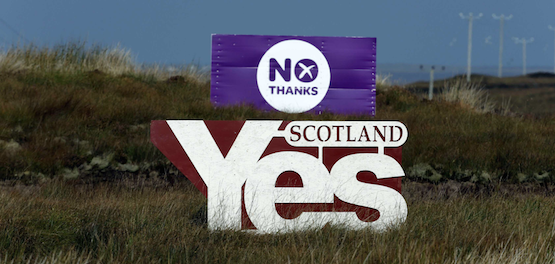 I was fortunate enough to be in Scotland two weeks ago for the referendum on Scottish Independence…
I was fortunate enough to be in Scotland two weeks ago for the referendum on Scottish Independence…
The couple I was staying with were committed “No” voters but the town where they lived seemed to be evenly divided pro and con on the issue. The degree of interest in the vote was unprecedented by British standards and unthinkable by American ones. Ninety seven percent (97%) of those eligible to vote were registered. Moreover, foreign residents and 16 year olds and older were all eligible so the pool of eligible voters was a large one.
I was also fortunate enough to know two of the most knowledgeable observers on the event. I ran into Scot Niall Ferguson in New York on my way over. (Ferguson has been to K.C. twice in recent years, once to speak at the rededication of the Liberty Memorial, the second time to teach at William Jewell.) Ferguson said he was worried about the outcome of the vote.
As a widely respected historian, he thought that the Scottish Nationalist Party was being run by demagogues like Alex Salmond, the S.N.P leader, who were cynically exploiting legitimate dissent and unhappiness with the established British parties, the Conservatives and Labour. In a post-mortem after the vote, he pointed out that the Scottish Nationalists were part of a wave of populist parties, harnessing the unhappiness with the political establishment in an unhealthy mixture of chauvinism and authoritarianism. (This is true throughout Europe right now, with anti-immigrant, xenophobic parties thriving in such disparate countries as France, Holland, Sweden, and Greece.) Continue reading

